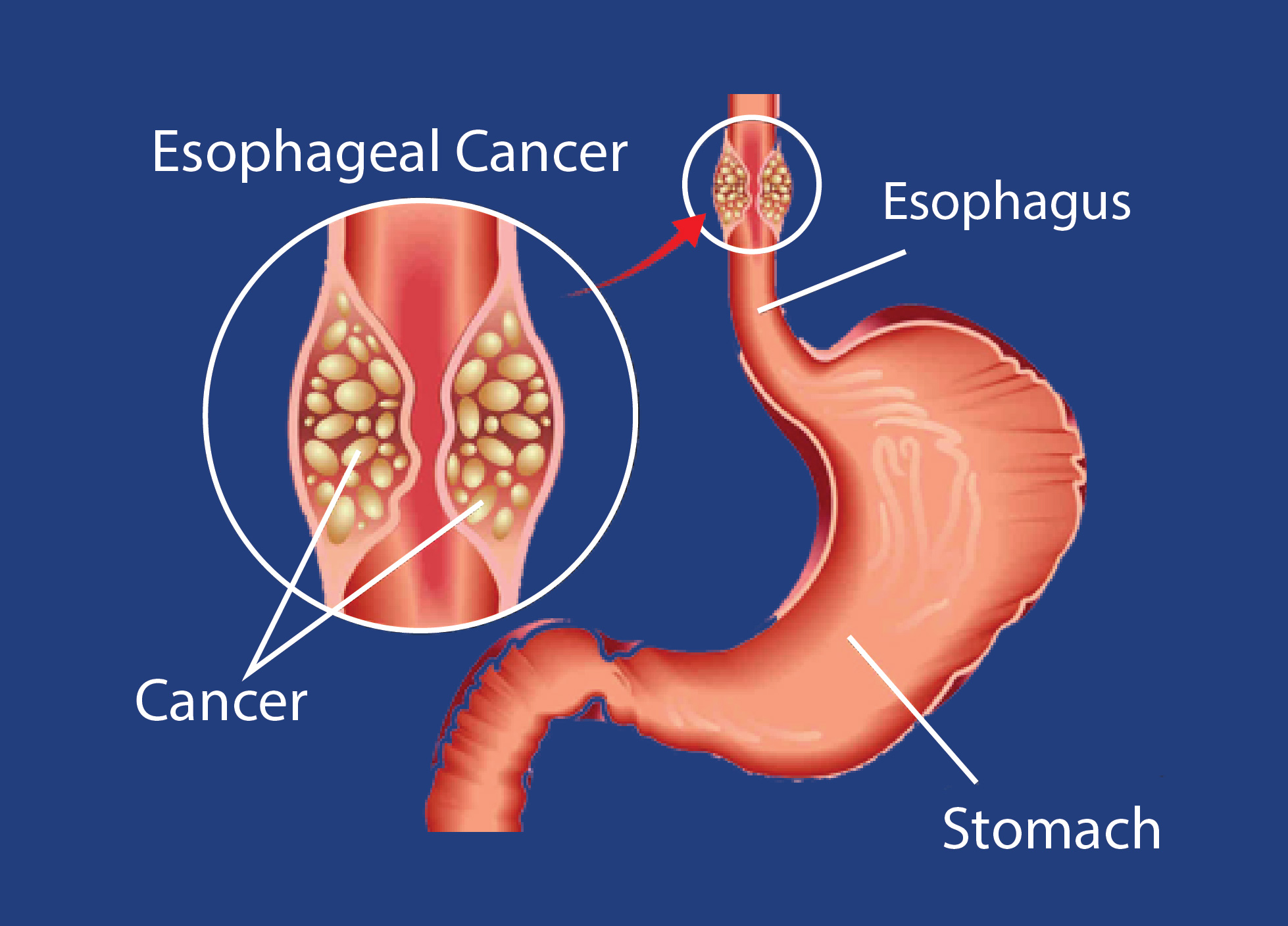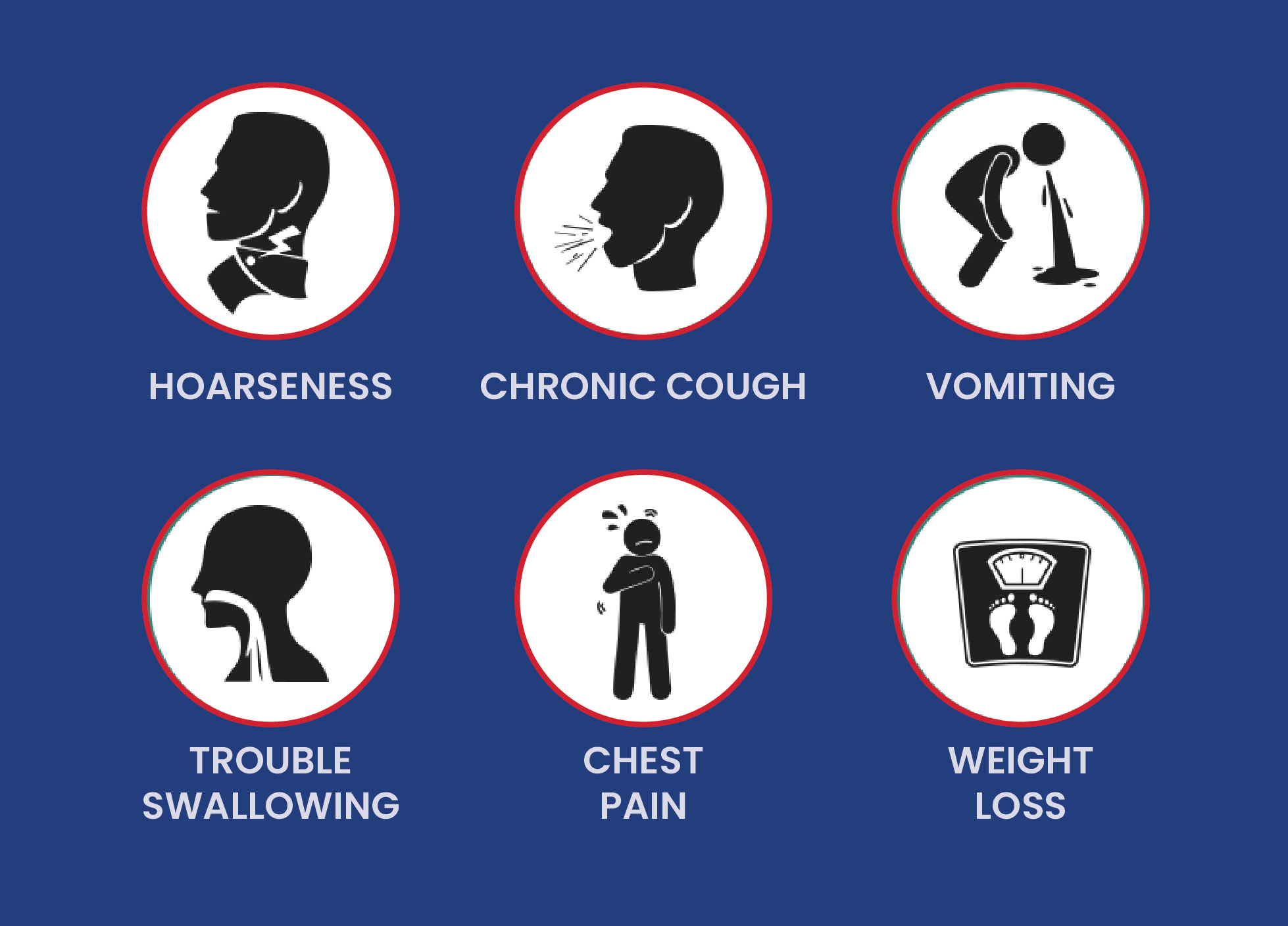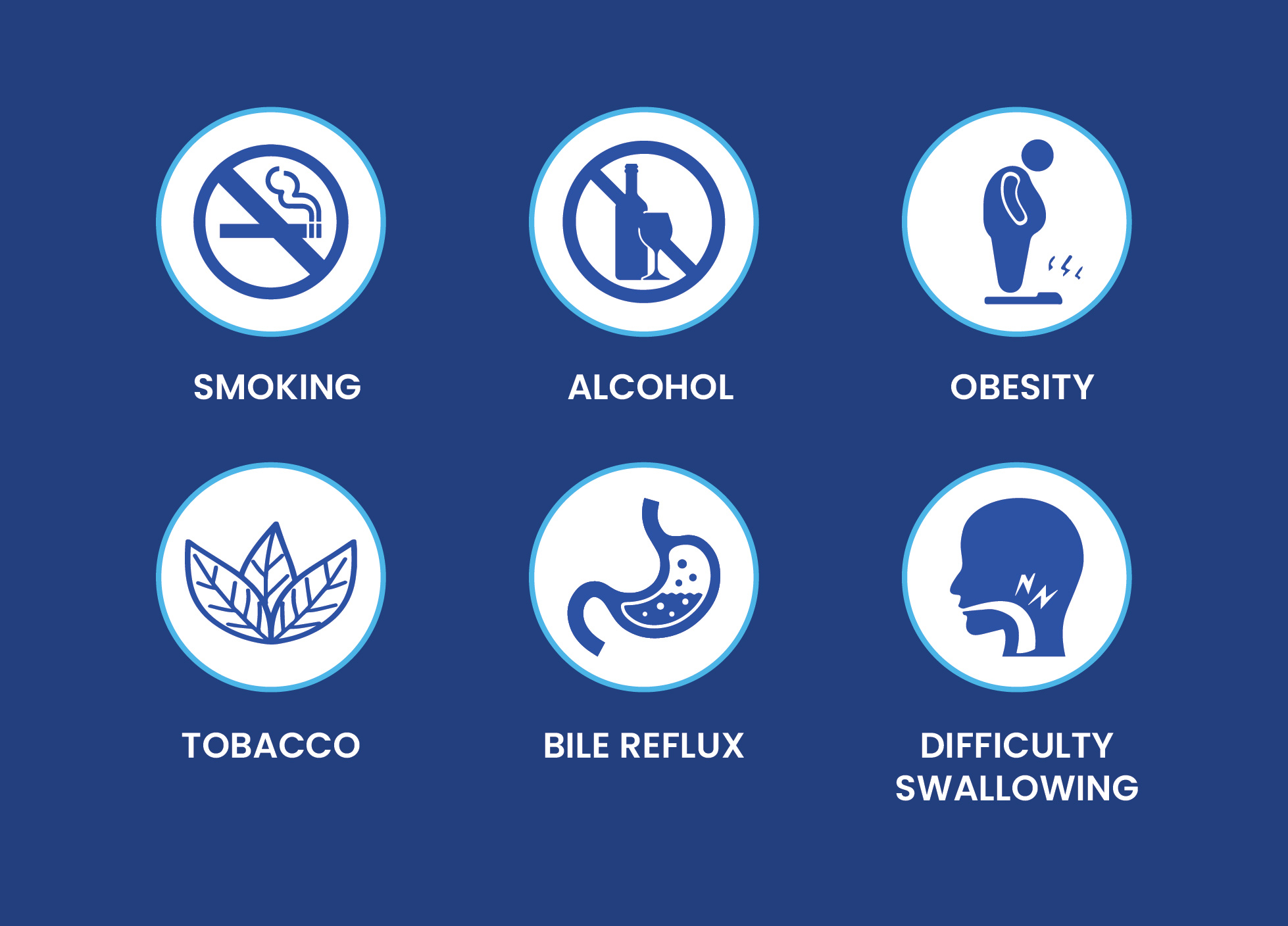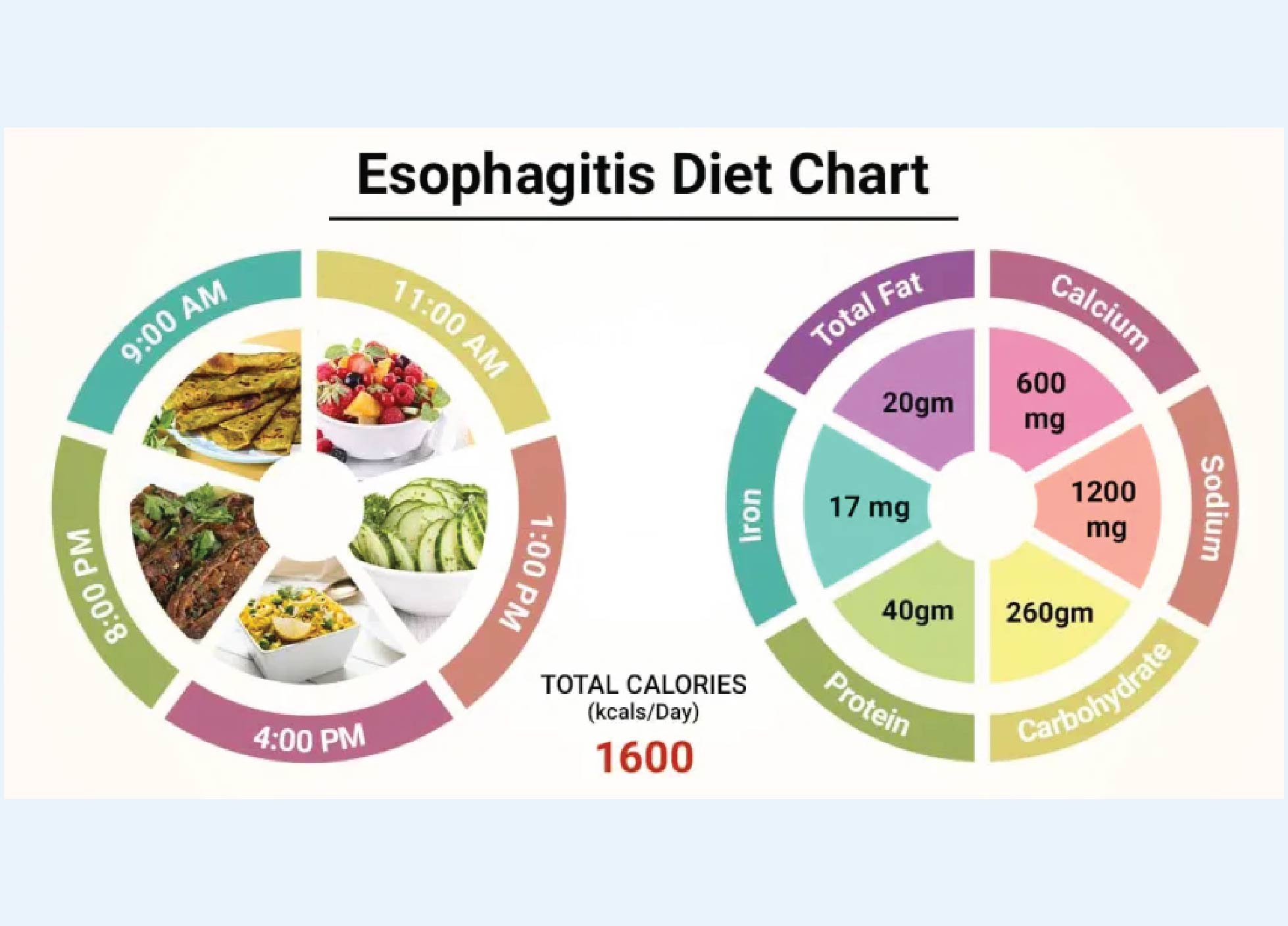Esophageal Cancer Treatment in Delhi
The Esophagus is an organ that helps to reach food from mouth to stomach. If cancerous cells grow in Esophagus, then it is called Esophagus cancer. If the cancer is not detected and treated early, it can spread throughout the body. Women are more likely to develop esophageal cancer than men. Usually, esophageal cancer starts in the cells lining the Esophagus. In terms of Esophageal cancer, there are mainly two types: squamous cell carcinomas and squamous carcinomas. Treatment and stage are determined based on the size and symptoms of the tumor. There are mainly five stages of Esophageal cancer.

What options are available for Esophageal cancer treatment in Delhi?
It is even possible to cure Esophageal cancer if you choose an experienced cancer specialist. Dr. Priya Tiwari is one of the best specialists and provides world-class cures to cancer patients. Her vast experience has also allowed her to treat several critical cases effectively.
What are the symptoms and causes of Esophageal cancer?

Esophageal cancer does not exhibit any symptoms at the early stages. However, some common symptoms will appear if your body develops cancerous cells in the Esophageal. The symptoms are
Esophageal cancer is most commonly caused by:

When to consult a doctor for esophageal cancer?
If you find any of the symptoms listed above, you should consult a doctor. The sooner you consult a doctor, the better your chances of being able to fight cancer effectively. Depending on the tests and your symptoms, they can determine whether you have esophageal cancer. You are more likely to develop esophageal cancer if you have Barrett's Esophagus because of chronic acid reflux. Consult your doctor if your condition appears to be worsening.
How is Esophageal cancer diagnosed? Is it curable?
If you detect Esophageal cancer early, you will have a better chance of curing it. Most people are unaware of their cancer condition for a long time since it doesn't show early signs. The cancer threat depends on many factors, such as the patient's overall health condition and stage of cancer. The patient may need to take a combination of therapies to fight cancer. The most common treatments for Esophageal cancer are:

The most common treatments for Esophageal cancer are:
How long does it take esophageal cancer to grow?
The growth of esophageal cancer is slow and may take years to develop. It begins in the esophagus and surrounding tissue. The treatment depends on the cancer stage at diagnosis and may include surgery, chemotherapy, radiation therapy, or all three. Patients with early-stage illness may have survival rates of more than 90%.
However, treatment options are limited by a lack of treatments that work outside traditional methods, such as surgery and radiation therapy.


Does alcohol cause esophageal cancer?
Alcohol consumption is the major risk factor for esophageal cancer. Alcohol breaks down in the body into the chemical acetaldehyde, which damages DNA. Alcohol prevents the body from absorbing vitamins and nutrients properly. Alcohol may alter hormone levels. As a result, alcohol is the main cause of esophageal cancer. You should detect esophageal cancer at an early stage to get effective treatment. If you are looking for esophageal cancer treatment in Delhi, you can contact Dr. Priya Tiwari.
Is esophageal cancer always fatal?
Esophageal cancer is a very slow-growing cancer. It has a poor prognosis, and most people who have esophageal cancer die of the disease. Survival rates for esophageal cancer are lower if it is found late, when it has spread and when it is large.
Most esophageal cancers are not fatal but can be very serious if they have already spread to nearby lymph nodes or organs. The five-year survival rate is generally 20%. The five-year survival rates are between 5% and 47%. Research has shown that stage III and stage IV esophageal cancer can be more difficult to treat than stage I or II. An early diagnosis of esophageal cancer can lead to a cure. You should go for an expired doctor like Dr. Priya Tiwari to get personalized treatment.


What foods heal the esophagus?
According to medical research, eating high-fiber foods may help minimize damage to the esophagus and lower your risk of developing esophageal cancer. Fiber foods include fruits and vegetables, whole grains, and legumes. A diet high in fruits and vegetables, protein, and whole grains may help keep your esophagus healthy. Foods high in fiber may also provide other benefits for your esophagus. Other studies show garlic and onions are associated with a lower risk of developing Barrett's and smaller chances of cancer. Other foods such as yogurt, beets, and flaxseeds may help prevent or reduce the harm from this condition.
How can I treat my esophagus at home?
Be sure to talk with your doctor before starting any treatment plan, especially if you have other medical conditions. Awareness of your symptoms and treatment options is the first step to improving your health.
If you have esophageal spasms, you may need to change your lifestyle — including how much you eat and when. Some lifestyle changes may also help treat the underlying cause of your spasms. Certain lifestyle changes — including avoiding constrictive clothing, eating smaller meals more frequently, and quitting smoking — may help improve symptoms in patients with esophageal spasms. Eat foods high in protein and fiber, such as fruit and vegetables, nuts, and seeds, and low-sodium foods, such as low-fat yogurt.

